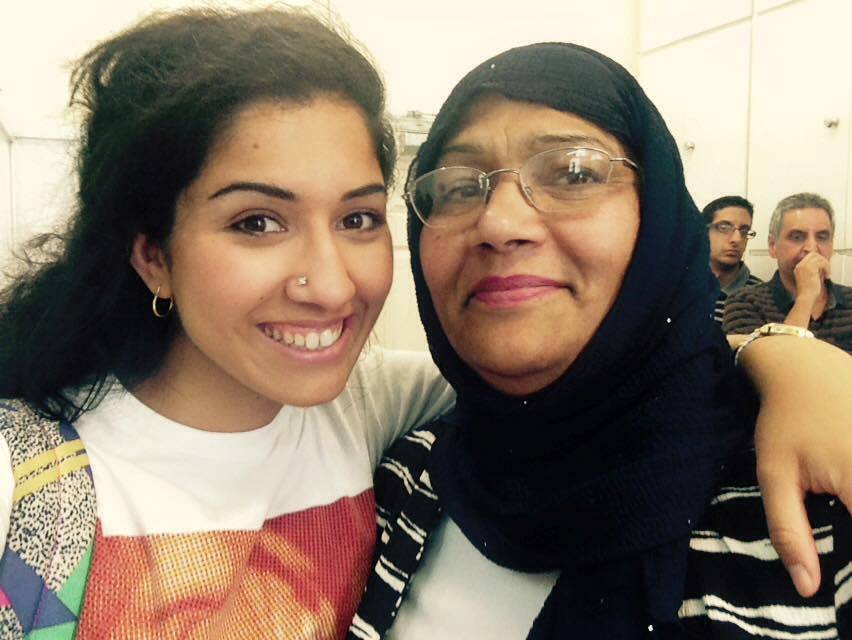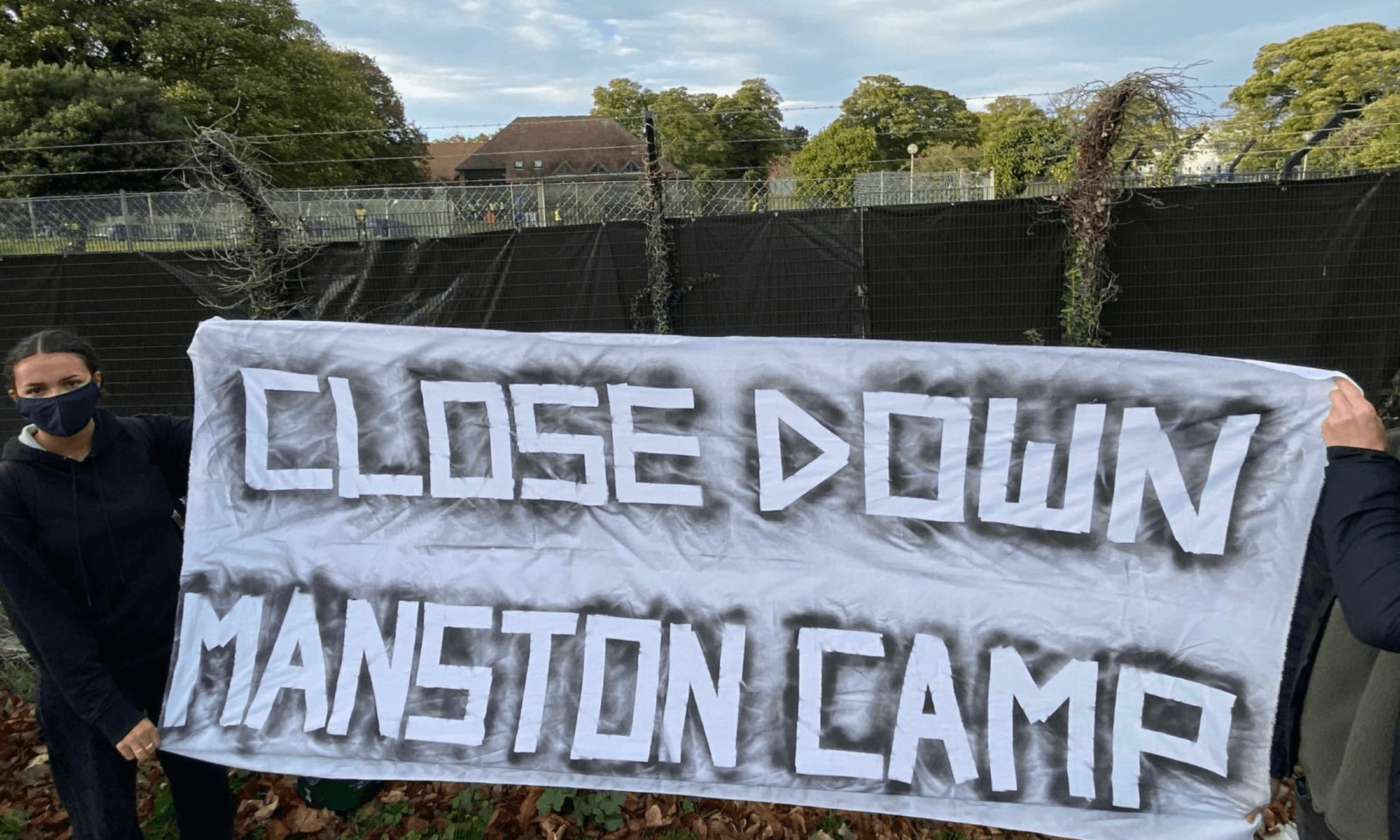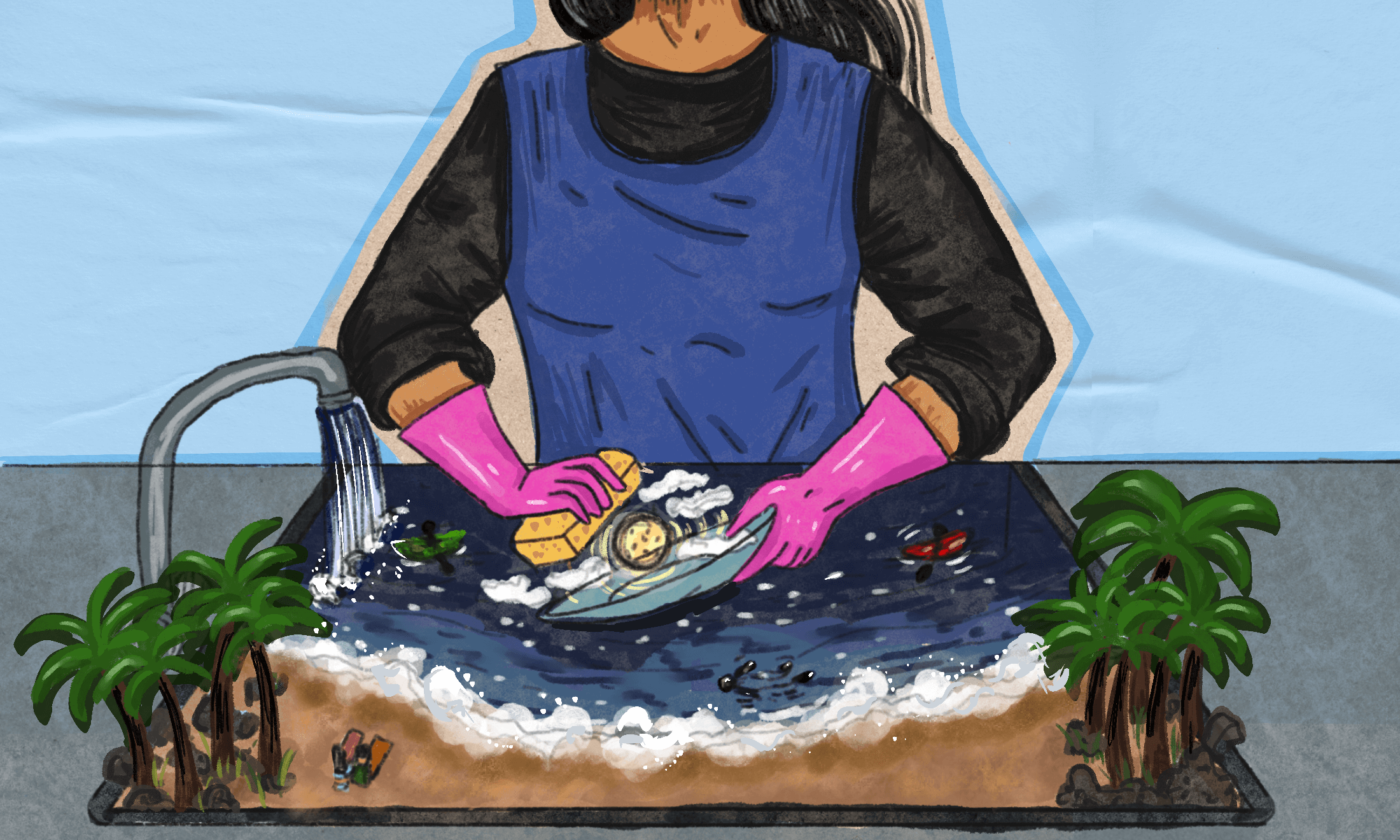
When I first heard my Pakistani mother’s intention to vote Leave in the upcoming EU Referendum, I was immediately shocked. Her, essentially an immigrant to this country, choosing to deny other people the rights that she had had herself? Before my thoughts spiralled into despair, I thought I would give her a call and discuss the reasons behind her unusual choice.
I say “unusual”, but my mother is not alone in her thinking. A recently published Guardian article highlights the distinct possibility of a Vote Leave campaign making significant headway amongst the black, Asian and ethnic minority community (BAME). Although two-thirds are opting to stay, ironically those who are voting Leave are choosing to do so because of immigration. I wanted to speak to my mother to see if she harboured similar thoughts, and, if so, why she felt threatened by immigration laws that welcomed her just a few decades prior.
20 minutes and a heap of notes later, I have my mother’s reasons. Surprisingly, her desire to leave is not so much immigration-related, but more out of general concern for the United Kingdom. She talked about the strain on the UK economy/budget in terms of having to bail out other EU countries such as Greece, and overall had a desire to return British jobs back to British people. She believes companies should hire British people instead of venturing abroad for cheaper labour.
I probed her for her view on the referendum from an immigration perspective, and she shared concerns about the mass influx of immigrants – the term in its truest form, not an umbrella term for refugees, asylum seekers etc. – into the UK, especially when their skills were not as desirable, or particularly needed. From what I could gather, mum sought to propose a policy of selective immigration, ensuring that the most desirable “applicants” had a chance to prosper in the UK – something that Nigel Farage has also spoken about for years, backing “Australian-style points-based immigration”.
Given my mum’s own immigration history I could not help but feel that perhaps she was being the slightest bit hypocritical. She blasted those with few skills who come over to the UK, and contribute very little to society, but her initial intention when she came to the UK was to be a housewife. If she remained so, I wonder whether her stance on the referendum would be different? Her opinion on said referendum, I believe, is somewhat dictated by her own work history, whereby she gained the skills and experiences she needed in order to achieve what she has done, and now is under the belief that like-minded people should come to the country in order to both advertise their skills and take advantage of the opportunities that this country will afford them.
Having taught in a school in east London and worked for a mental health charity, my mum is more than aware of the requirements that are expected of her when it comes to contributing to a society that has, for the most part, welcomed her (apart from a few minor verbal assaults and glares during times of heightened tension and resentment towards the Muslim community, her deep gratitude and appreciation of the UK has not wavered).
She instead identifies that there is a problem with mass immigration because she feels like there are many who would not contribute as much – naming some of her own friends as examples – in spite of the opportunity they have been given to live in this country.
Our discussion on immigration paved the way for a greater debate – and one that I could actually agree with: on the UK’s foreign policy. For her, mass immigration is partly down to the mishandling of failing/failed states that the UK have had a hand in, with the prime example being Syria.
In the eyes of my mum, there is a vicious cycle that contributes to the issue of mass immigration. Unstable countries with UK involvement often, after much time, fail to reach a resolution, thus leading to a mass exodus of people fleeing persecution/oppression and seeking to venture West, sometimes settling in countries that helped perpetuate the violence. I have a strong belief that my mum’s view on the referendum, or at least on immigration would change significantly if there was an overhaul of the UK foreign policy.
I understand the love that my mum has for the UK, and she is well aware of the privileges it has afforded her, but I do wonder whether she had gone too far in her wish for the UK to remain British. However, she is not alone. Her views echo the aforementioned Guardian article, whereby outspoken Leave campaigner Amjad Bashir talks of not wanting “an influx of low-skilled workers from the EU into a job market already overflowing with low-skilled Asian workers”. It seems that pro-Brexit minority groups feel threatened by the possibility of their adopted country being overrun by a new minority, for fear of their own work being undermined.
In order to quell this fear, over the next few weeks, I will softly be encouraging my mum to reconsider her stance through emailing relevant information and educating her of the benefits of staying in the EU, in the hope that her concerns regarding British industries, immigration and the overall loss of British identity will be protected, even if we vote to Remain.









